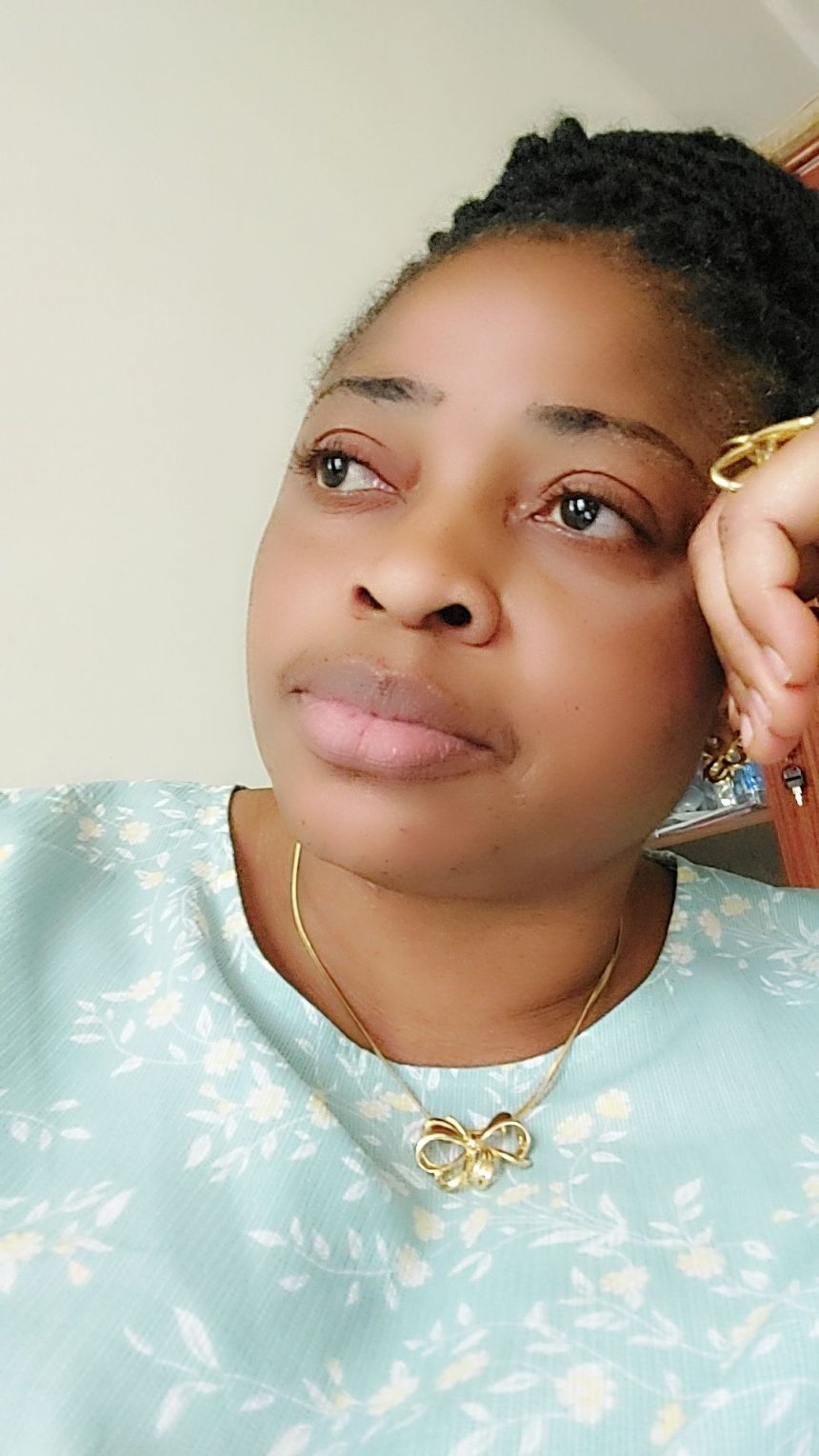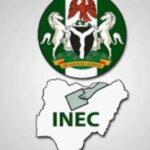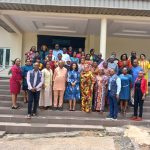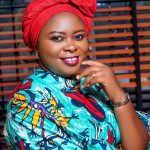64 years after; do we still have political role-models?
Nigeria got her independence 64 years ago, on October 1st, 1960, with heroes and heroines who wrote their names in gold. Names Nigeria will never forget. These leaders wrote their names on the sands of time. These leaders are great role models to millions of Nigerians. They fought one way or the other for the Nigeria we call home today. They are educated, intelligent, sound, professionals and the bedrock of Nigerian politics today. Their lives are worth emulating. The history of Nigeria can never be written without them.
Herbert Macaulay, Nnamdi Azikiwe, Chief Obafemi Awolowo, Sir Tafawa Balewa, Ahmadu Bello, Anthony Enahoro, Funmilayo Ransome-Kuti, Hajia Gambo Sawaba, Margret Ekpo and a few others, though late now, can never be forgotten especially every first October. Conventionally, anyone who has reached the age of 60 or 65 years is regarded as the onset of an old person. Nigeria is 64 years. A 64 year old Civil servant in Nigeria is assumed to have served his country well and should retire, take a bow and rest. Can Nigeria be said to have served its people well. If our founding fathers and mothers have a privilege to visit Nigeria today will they be proud? Can they still find political role models?
When I think of a line in the former Nigerian national anthem, “The labour of our heroes past shall never be in vain”, I wonder and ponder how our past leaders will feel. Is this the Nigeria of their dream? Our heroes and heroines eat, drink, sleep and think Nigeria. To them, I believe strongly that they think Nigeria as 64 will be greater, with all the natural resources given to us by God, Nigeria will be a country to beat, Nigeria will stand out.
As children and teenagers, one of the frequently asked questions was “who is your role model-“? We begin to reel out names of celebrities, millionaires and sometimes our parents or those whose lives we feel has inspired us. You hear names like MKO Abiola, who rose from rags to riches.
In the past, it was easy to reel out names of Political role models. Our parents and grandparents, didn’t think twice before mentioning political leaders who has inspired them. Infact, when our parents tell us stories of great leaders who fought for independence, they always smile. They are proud of their leaders. Why we may ask? The answer is simple. Our founding fathers and mothers of Nigerian independence give them reasons to. They trust and believe in them.
Let’s take a ride through some of these great leaders; Herbert Macaulay was regarded as the father of Nigerian nationalism, Herbert Macaulay was one of the key figures who laid the foundation of modern Nigeria. During the 1920s when Nigeria started to witness the political agitation for self-rule, Macaulay was among the first generation of Nigerian Nationalists who protested against some policies introduced by the British colonial rule, including water rates, land issues, and management of railway finances.
In 1923, he founded the Nigerian National Democratic Party (NNDP), Nigeria’s first political party whose members were the first to sit in the legislative council and which held sway in Nigeria’s political theatre until the late 1930s when it joined forces with the Nigerian Youth Movement to form the National Council of Nigeria and the Cameroons (NCNC), a nationalist organization designed to advocate for Nigeria’s independence.
Known as ‘Zik of Africa,’ Nnamdi Azikiwe, who was the first President of Nigeria from 1963 to 1966 was considered a driving force behind the nation’s independence. He even earned the nickname “Father of Nigerian Nationalism,” for the active role he played. A journalist and political leader, he advocated Nigerian and African nationalism . The founder of West African Pilot Newspaper,. Azikiwe’s portrait appears on Nigeria’s ₦500 banknote since 2001. Azikiwe was included in the postage stamps unveiled during the first anniversary of Federal Republic of Nigeria in 1964 and has since appeared in other stamps.
Chief Obafemi Awolowo, is another role model, who was known as the ‘Sage’. He was a lawyer and politician. In 1949 Awolowo founded the Nigerian Tribune, a private Nigerian newspaper, which he used to spread nationalist consciousness among Nigerians. He played a key role in Nigeria’s independence movement in the First and Second Republics and the Nigerian Civil War. Awolowo formed Action Group (AG), where he led demands for a federal constitution, which was introduced in the 1954 Lyttleton Constitution, following primarily the model proposed by the Western Region delegation he led.
Sir Ahmadu Bello was one of the earliest politicians to have emerged from the North. Powerful and commanding respect among the Northern elite, he built Northern Nigeria and served as its First and only Premier from 1954 until his assassination in 1966 during the first military coup. The late politician was also a leader of the Northern Peoples Congress, (NPC), the ruling party at the time, consisting of the Hausa-Fulani elite. He was instrumental to the creation of Northern Nigeria Development Corporation (NNDC), Bank of the North, and Northern Nigeria Investments Ltd (NNIL). But his greatest legacy till this day was the modernisation and unification of the diverse people of Northern Nigeria. To preserve his memories, the renowned Ahmadu Bello University, Zaria, Kaduna State, is a monument named after him and his portrait adorns the N200 banknote.
Tafawa Balewa was the First Prime Minister of Nigeria upon independence in 1960. In 1957, his Northern Peoples Congress (NPC), won the plurality of votes in the Federal House of Representatives and Balewa became the Chief Minister and designated Prime Minister. As part of his plans to unify the country towards the move for independence in 1960, he formed a coalition government between the NPC and the National Council of Nigeria and the Cameroons (NCNC), led by Nnamdi Azikiwe. In furtherance of Chief Anthony Enahoro’s original motion, a further motion was proposed to the parliament by Balewa in 1959, and it was passed. As a consequence of the sustained pressure, the colonial governor announced the decision of the British government to grant independence in 1960.
Anthony Enahoro became the editor of Nnamdi Azikiwe’s newspaper, Southern Nigerian Defender, Ibadan, in 1944 at the age of 21, thus becoming Nigeria’s youngest editor ever. He later became the editor of Zik’s Comet, Kano, 1945–49, associate editor of West African Pilot, Lagos, and Editor-in-Chief of Morning Star from 1950 to 1953. He was actively involved in the movement for Nigeria’s independence. In 1953, Enahoro became the first to move the motion for Nigeria’s independence which was eventually granted in 1960, after several political setbacks and defeats in the parliament. Enahoro has been regarded by academics and many Nigerians, as the “Father of Nigerian state,”
Another individual who popularly stood against the British colonial rule, demanding for the rights of citizens in the pre-independence era was Funmilayo Ransome-Kuti. As a revolutionist, she was known to have used her influence to mobilise women and organise resistance against colonialism at the time, earning her the name, “Lioness of Lisabi”. One of such moments was when the colonial officers refused to give permits for demonstrations in parts of Nigeria. This did not deter Ransome-Kuti who at the time had been outspoken about some of the policies of the colonial masters, such as taxation and shutting out women in the decision-making process.
In the pre-independence Nigeria and beyond, Margaret Ekpo stood out as as a political icon who lived her life fighting for women’s rights and the recognition of the place of women in politics. Aside from being a women’s rights activist, Ekpo was also a social mobiliser and grassroots politician who was never intimidated by the men who dominated the politician scene at the time. In the 1940s, she was known to attend political and activists’ meetings to discuss the colonial master’s maladministration in place of John Ekpo, her husband, who, like other Nigerian medical doctors, detested how they were being treated, but could not attend such gatherings because of his work as a civil servant.
In fighting for the right of women and their unjust treatment by the colonial masters, Ekpo registered with the National Council of Nigeria and the Cameroons (NCNC), and in the years that followed, joined forces with the likes of Ransome-Kuti in mobilising women to become more involved in politics. In 1953, she was nominated by the NCNC to the regional house of chiefs and in the following year, established a pressure group known as the Aba Township Women’s Association.
Hajiya Gambo Sawaba, was from Northern Nigeria whose fame rose as a women’s rights activist, politician and philanthropist. Enveloped with a spirit of activism, she was mentored by Funmilayo Ransome-Kuti and travelled to meet her in Abeokuta years later. She was widely regarded as the pioneer of fighting for the liberation of northern women. During her political journey, Hajia Gambo served as the deputy chairman of Great Nigeria People’s Party and elected leader of the national women’s wing of Northern Element Progressive Union (NEPU). Gambo had the support of the traditional rulers (the Emirs and British Colonial Authority). She was a campaigner against under-aged marriages, forced labour and an advocated for western education in the north. Gambo made a name for herself when at a political lecture during her career in the North, she climbed up and spoke out in a room full of men.
It’s just 64 years and rather than have more political role-models, they are few. Our past heroes were never corrupt, greed was alien to them. They lived a life of service, with the mindset of leaving Nigeria better than they met it. They, didn’t emass wealth they would never use. They were not corrupt. For example, the assets of Sir Abubakar Tafawa Balewa that he left to his four wives and 19 children according to research are: one house in Bauchi, 50-acre of farmland where he vacationed when he wanted to relax, bed, rain boots, relevision, radio-set, chairs, wrist watch, caps and perfumes. Balewa was described as modest and self-effacing. The House was renovated to a moden standard for his family by former Military Administrator of Bauchi State, Brig Gen. Garba Duba. Our past heroes, were satisfied serving Nigeria. Nigerians ars craving for the likes of our past leaders to take Nigeria to her pride of place.
This article will not be complete without the role Nigerian women played in the history of Nigeria. The Aba women riot is one event that stands out in Nigerian history. The Aba Women’s Riots of 1929 (Igbo: Ogu Umunwanyi; Ibibio: Ekong Iban) was a period of unrest in colonial Nigeria over November 1929. The protests broke out when thousands of Igbo women from the Bende District, Umuahia and other places in southeastern Nigeria traveled to the town of Oloko to protest against the Warrant Chiefs, whom they accused of restricting the role of women in the government.
The protest encompassed women from six ethnic groups (Igbo, Ibibio, Andoni, Ogoni, Efik, and Ijaw). It was organised and led by the rural women of Owerri and Calabar provinces. The modus operandi of the protests involved ‘sit-in’ by the women. During the events, many Warrant Chiefs were forced to resign, and sixteen Native Courts were attacked, most of which were destroyed. It was the first major revolt by women in West Africa. In 1930 the colonial government abolished the system of warrant chieftains, and appointed women to the Native Court system. These reforms were built upon by the African women and have been seen as a prelude to the emergence of mass African nationalism.[
Nigeria has in the past decades produced women leaders that we are proud of. Leaders who have left their images in our minds. Women who distinguished themselves in their various fields. Ladi Dosei Kwali, is one of them. Born 1925 and lived till 1984, she is the pioneer of modern pottery in Nigeria. She is also the first and only Nigerian woman to appear on a currency note. She is on the N20 note. Florence Nwanzuruahu Nkiru Nwapa (1931 - 1993), is the first female writer in the country. She is also Africa’s first female novelist to have an internationally published work in the English language.
Elizabeth Abimbola Awoliyi (1910 - 1971), is the first female physician to practice in Nigeria. She is also the first West African woman to earn a license of Royal Surgeon in Dublin. In 1938, Elizabeth Awoliyi became the second West African woman to qualify as an orthodox-medicine trained physician after Agnes Yewande Savage who graduated from medical school in 1929. She was the second president of the National Council of Women’s Societies of Nigeria from 1964 until her death in 1971.
Amother powerful woman is General Aderonke Kale, born 1939 and died 8 November 2023. She is the first female army major-general in Nigeria. She enlisted in the army after becoming a medical doctor. She rose to command the Nigerian Army Medical Corps.
Adetowun Ogunsheye, born 1926 is Nigeria’s first female professor and the first female dean of a faculty. She is the first Nigerian woman to get an undergraduate degree from the Oxford University. Virginia Etiaba is another powerful woman born 1942 . She is the first female governor in Nigeria’s history. She ruled from November 2006 to February 2007. Grace Alele Williams born 1932, was one of the first Nigerian women to obtain a PhD in Mathematics. She is also the first female vice-chancellor in Nigeria. These women amongst others, have made us proud and paved the way for the likes of Ngozi Okonjo-Iweala, Mosunmola Abudu, late Dora Akinyele, Folorunsho Alakija, Oby Ezekwesili, Chimamanda Ngoza Adichie and a host of others.
The importance of a role model cannot be over emphasised. Seeing people influencing the world positively, has a strong effect on children, youths who will desire to be like them. Role model is not all about wealth and power, but integrity, self-awareness, positivity, humility, empathy, professionalism. According to Paige Spiranac, “The ability to act as a role model shouldn’t depend on owning a pile of trophies. Instead, we should look at role models as whole people – people who fail but overcome adversity, people who inspire us both on and off the course, people who spend their time trying to make their community a better place.”







